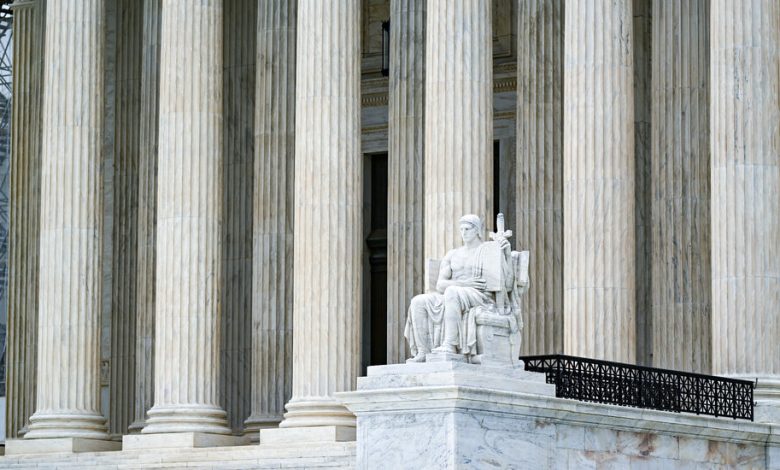Supreme Court Overrules Chevron Doctrine, Imperiling an Array of Federal Rules

The Supreme Court on Friday reduced the authority of executive agencies, sweeping aside a longstanding legal precedent that required courts to defer to the expertise of federal administrators in carrying out laws passed by Congress.
The precedent, Chevron v. Natural Resources Defense Council, is one of the most cited in American law. There have been 70 Supreme Court decisions relying on Chevron, along with 17,000 in the lower courts.
The decision threatens regulations in countless areas, including the environment, health care and consumer safety.
The vote was 6 to 3, dividing along ideological lines.
The conservative legal movement and business groups have long objected to the Chevron ruling, partly based on a general hostility to government regulation and partly based on the belief, grounded in the separation of powers, that agencies should have only the power that Congress has explicitly given them.
Supporters of the doctrine say it allows specialized agencies to fill gaps in ambiguous statutes to establish uniform rules in their areas of expertise, a practice they say was contemplated by Congress.
Its opponents counter that it is the role of courts, not executive branch officials, to determine the meanings of statutes. They also say agencies’ interpretations can change with new administrations and put a thumb on the scale in favor of the government in lawsuits even when it is a party to the case.